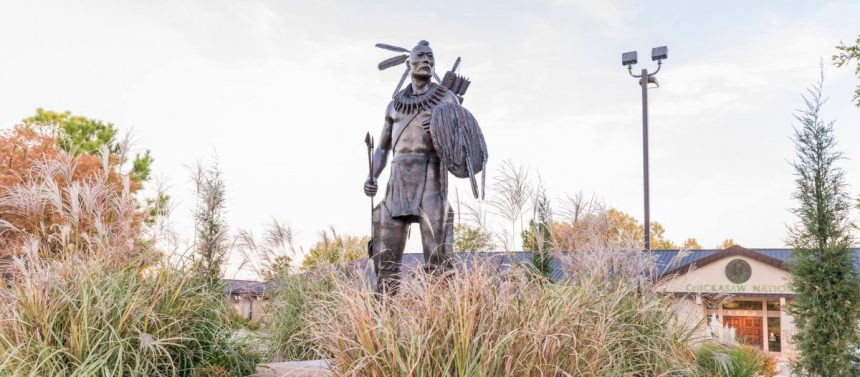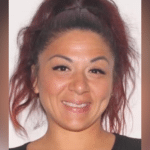The National Park Service has awarded $88,822 to the Mississippi Department of Archives and History (MDAH) to support efforts to return the Native American human remains in its archaeological collections to present-day Tribes.
The funding will be used to hire a new collections manager, provide paid internships for Tribal partners, purchase equipment, and provide staff training.
According to MDAH, the Chickasaw Nation and the Choctaw Nation of Oklahoma supported the grant and will provide guidance as MDAH staff document the human remains and ceremonial objects from graves in northeast Mississippi. The Native American Graves Protection and Repatriation Act (NAGPRA) requires consultation with Tribes whose ancestors lived on the land where graves were located.

“One of the department’s highest priorities is the proper care of its significant archaeological collection,” said MDAH director Katie Blount. “In keeping with our standards of excellence, we are embarking on this project with renewed dedication to collaborating with the Choctaw Nation of Oklahoma and Chickasaw Nation while becoming fully compliant with NAGPRA.”
MDAH sought the grant after discovering that some of its collection had not been appropriately inventoried. “With this funding, we will properly catalog NAGPRA collections while strengthening our relationships with Tribal partners through a transparent dialogue,” said Meg Cook, director of MDAH archaeology collections. “The project allows us to honor and best care for these individuals through the purchase of culturally appropriate curation material. We do not lose sight of the fact that we are working with people—mothers, fathers, and children.”
“The Choctaw Nation of Oklahoma Historic Preservation Department congratulates the Mississippi Department of Archives and History as NAGPRA grant recipients,” said Deanna Byrd, NAGPRA liaison for the Choctaw Nation of Oklahoma. “Our THPO and NAGPRA liaison look forward to working with all of our Tribal partners and MDAH’s compassionate professionals to help facilitate the return of our ancestors. We are committed to supporting MDAH in this collaborative process and know it will be rewarding. Our ancestors will finally know the peace we envisioned for them.”







